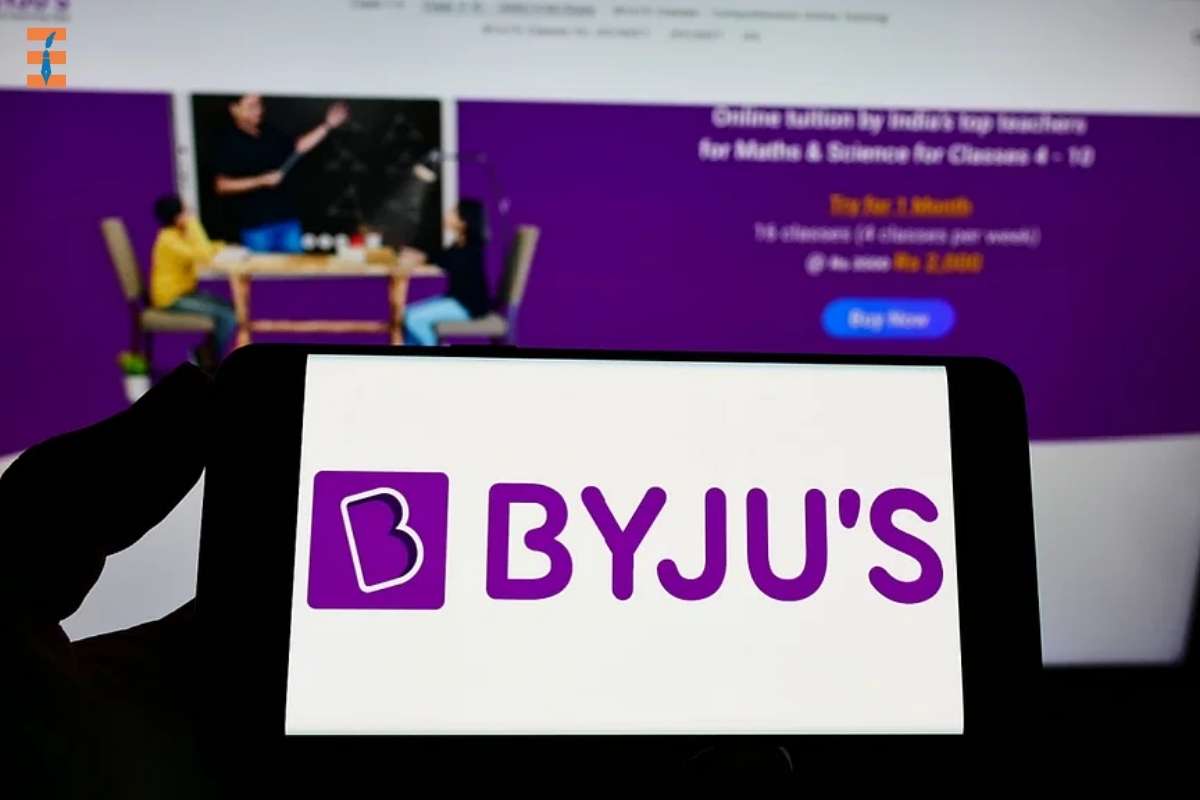In 2020, millions of students throughout the globe were mandated to study online, giving a huge boost to the education technology sector, often known as EdTech. Simultaneously, it became apparent that such businesses offer a fantastic substitute for government-run higher and secondary education programs.
The present pandemic crisis provides ideal circumstances for the growth of EdTech businesses. Here are the top 9 EdTech companies in this industry that you should consider working for. Of course, searching for and applying for jobs will take some time, so be prepared to have less energy for schoolwork.
These days, more and more students are wondering, “Can I afford to have someone else write my assignment for me?” if time constraints are getting close. You may look for answers to this query online and locate trustworthy EdTech companies in no time. We believe that getting some outside assistance is a fantastic method to handle all that needs to be done.
Here are the 9 Best EdTech Companies to Work for:
1. Byju’s

In September 2020 ($11.1 billion), this Indian Edtech companies was worth more than any other firm in the globe. The business concept is rather straightforward: after signing up, users get access to all available material for free for the first 15 days. This educational software caters mostly to school-aged youngsters (from elementary to upper secondary education). The group coaches students not just for tests outside of India, but also for national and state-level competitions in India, such as the IIT-JEE, NEET, CAT, and IAS (GRE and GMAT).
Topics in science and mathematics are covered extensively, with each idea being broken down into a 12–20 minute film animation.
2. Udemy
Businesses and individuals alike use Udemy to sign up for online courses in anything from data analysis and leadership to programming and photography. The group’s mission is to help teachers pursue their passions in the classroom. There are now over 60 language options for the platform’s 130k video lectures. Web design, web development, marketing, information technology, and business are some of the most common.
3. Dreambox Learning
DreamBox Learning Edtech companies provide over 1,800 courses for kids in preschool through eighth grade, with a focus on math instruction from kindergarten through seventh grade. The lessons are presented in the form of videos, games, and exercises. DreamBox Learning was first conceived as a tool for both students who were not enrolled in traditional educational institutions and school districts that wanted to enhance their math curriculum. Basic functions, geometry, algebra, and other related disciplines are now included in the curriculum.
4. Coursera
Surely you’ve heard of this really popular website. In 2012, Coursera partnered with Stanford, Princeton, the University of Michigan, and the University of Pennsylvania. It has now worked with more than 200 institutions and businesses worldwide.
The website provides classes in a wide range of topics and languages. The app is also accessible on iOS and Android devices.
You can get a free education on Coursera. If a student wants a professional certificate or degree, however, they will have to pay for that degree or certification program.
5. Google Classroom

Google Classroom is a versatile tool that may be used for a variety of purposes, including course creation, webinar hosting, and student assessment. The Google platform integrates a number of different products:
- Drive for making and handing out homework, Gmail for communicating, and Google Calendar for planning.
- Either a student-generated enrollment key or automated import from the school domain is provided as an option for enrolling in a course. Students hand in their work to teachers by placing it in a designated folder on their user drives.
- The Google Classroom app is available for both iOS and Android. It allows users to capture images and add them to projects, transfer data from other platforms, and work without an internet connection.
6. Age of Learning
Age of Learning Edtech companies creates an online learning environment for kids as young as three. For children ages 2 to 8, their instructors, and their parents, it offers a centralized internet platform and mobile app with schedules and instructional resources.
In order to cater to children of varying ages, the company’s developed programs are broken down into 10 distinct tiers. The use of game mechanics and incentives in the design of all resources is intended to pique a child’s interest. Any user, regardless of hardware preference, may access the platform.
It’s a great way for parents to see how their kid’s developing. After analyzing the data, Age of Learning recommends educational activities that are most suited to a student’s current skill set.
Business-to-consumer (B2C) is the focus of the company’s operations. The instructors at each school may utilize Age of Learning at no cost, while the parents pay a monthly membership price.
7. Udacity
Udacity’s mission is to reduce barriers to higher education. Thousands of students from all around the globe take advantage of these no-cost distance-learning opportunities every year. The plan is straightforward: English-language video lectures with captions and integrated assessments and assignments. There is a built-in quiz for each lesson to test students’ understanding of the material presented.
The topics covered range widely, from AI and robots to physics and the creation of new businesses. Udacity is always improving its procedures and strategies. Therefore, many students are able to succeed in the course despite the difficulty of the material covered. This is one of the great companies on the list of Edtech companies.
8. McGraw-Hill

McGraw-Hill is a well-known leader in the field of educational technology and for good reason. Further, it publishes and provides services for those in higher education in the fields of medicine, business, and technology. It employs about 5,000 people who can speak sixty different languages and operate in over 135 different countries.
9. Blackboard
With its adaptability and focus on student success, Blackboard Learn is a great tool for any school. K-12, postsecondary, and even on-the-job education support is provided by the firm. The Edtech companies has made it one of its missions to debunk the myth that working with an interactive classroom is fundamentally different from working with a traditional one.
- Blackboard accommodates three distinct styles of education, namely:
- Comprehensive interactivity: all interactions and resources take place in an online format;
- Companioned: face-to-face and hands-on training go hand in hand;
- The course schedule and homework assignments are posted online, but there is no in-person meeting time.
Conclusion:
EdTech companies agave taken an upsurge since COVID and now they are providing enough employment in the market. You can apply to any of them and get paid a good salary. However, you have to ensure that you meet the qualification criteria required for a particular post. With the help of this article, avoid your confusion when it comes to which one is the best EdTech company to work for.

